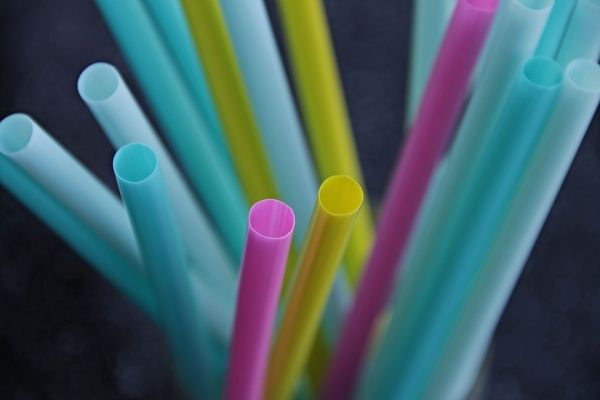Earlier this year, a three-year-old video of researchers extracting a long, twisted tube from a reptile’s bleeding nostril went viral. To date, it has accumulated more than 30 million views and set off a moral panic.
The straw that broke the turtle’s beak also did a number on the camel’s back. Companies like Starbucks, Ikea, and Hilton hotels have announced policies reducing or eliminating single-use slurping devices. Communities in California, New Jersey, and Florida—plus the metropolis of Seattle—have announced policies to phase out or restrict businesses from selling straws. And has there been backlash to the straw bashing? This is 2018, baby, you know there’s been backlash! Some is just normal anti-environmental crankiness. Some is legit: Plastic straws, especially the bendy ones, are essential for people with disabilities.
And some of the critique inspires serious head scratching: Disposable straws account for a very small fraction of the total plastic waste that winds up in the oceans, and are pretty unexceptional in terms of ecological impact (Read about fishing gear’s environmental impact if you really want to put your straw concerns in context). So, if straws are just a small part of a big problem, why not just pour all this anti-straw effort into better waste management overall? Well, straws—by nature of their design and ubiquity—are remarkably good at slipping out of the waste stream and into the wild.
“I think the fact that straws are small and used on-the-go lends itself to the fact that they can easily leak into the environment,” says Sherry Lippiatt, the regional coordinator for NOAA's marine debris program in California. The problem isn’t that straws fall below some size threshold that casual litterbugs use to gauge their guilt. Though size-bias is a real thing when it comes to how people feel about litter, the real problem is that straws literally fall through the waste management cracks.
Read more at Wired
Photo Credit: manfredrichter via Pixabay


